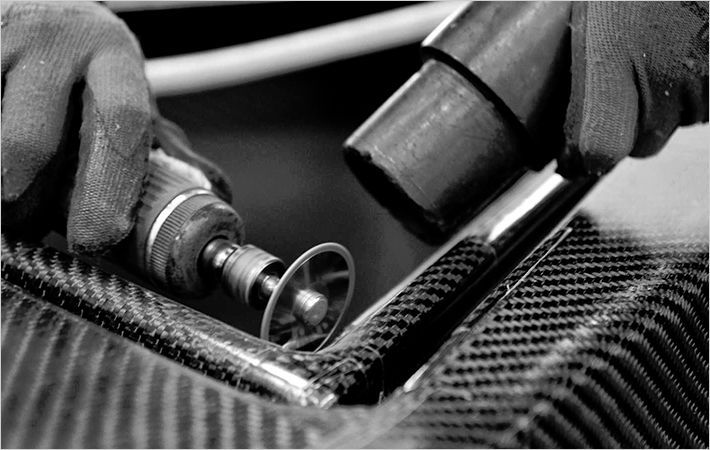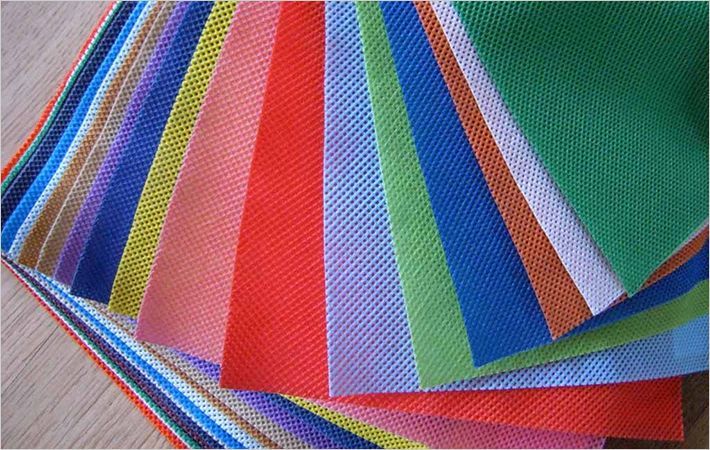In addition, they also present opportunities in design and shapes, because they are per definition an additive manufacturing method.
CCS and its partners are building on the recent advancements in materials, as well as automation to establish a process and machine concept to manufacture CFRP components without expensive moulds and tooling.
The CCS project team will be lead by Dr. Florian Doetzer, managing director of CCS, who is an experienced technology manager with previous positions in automotive and aerospace industries.
He and his team will be supported specialist engineers from each of the partners in their respective field of expertise like integration and prototyping (HOPE), robotics (KUKA), thermoplastic composite material (SGL) and industrial laser technology (TRUMPF).
This will target a global market of high-performance composites that Freedonia Group estimates at US $10.2 billion in 2016, while Visiongain estimates the global market for aerospace components at $10.3 billion in 2012.
The global potential for components produced with the freespace composite manufacturing system is estimated at approximately $2-3 billion in 2016, spanning multiple industries, such as aviation, space, marine, racing and sports.
A go to market strategy will target lightweight aviation, space, competition yachts and car racing components. Offering engineering and manufacturing services in the beginning, a licensing concept will be considered for a global market growth in collaboration with the technology partners.
The project is supported by the Technology Enterprise Commercialisation Scheme (TECS) under SPRING Singapore. TECS is a competitive grant that supports the development of high-growth Singapore start-ups with a strong technology proposition and a scalable business model. (AR)
Fibre2fashion News Desk - India

